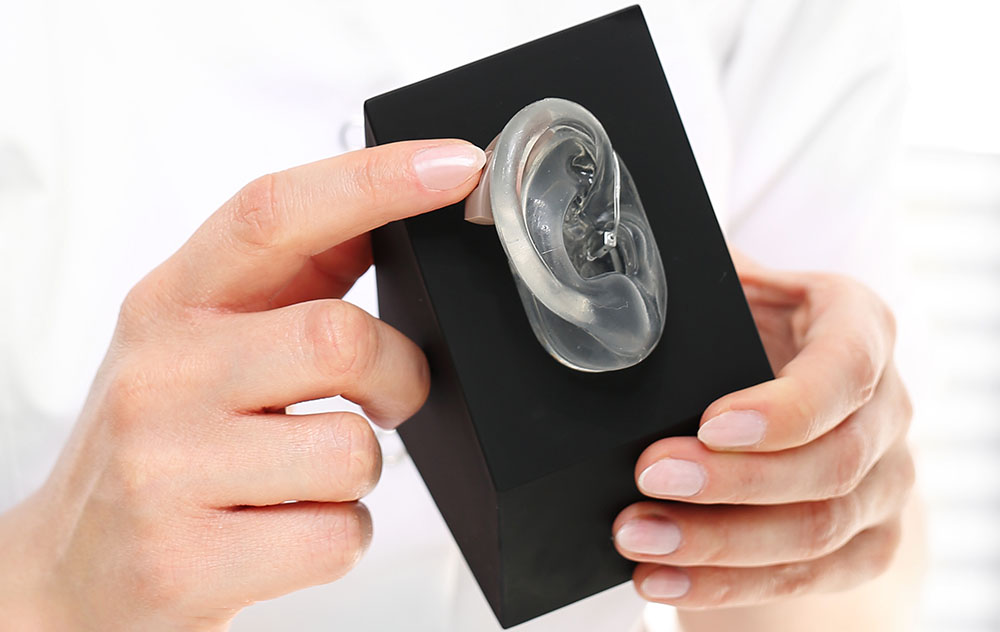Understanding Hearing Aid Feedback: Causes and Solutions
That annoying whistling or squealing sound from your hearing aids can turn
We value our patients and want everyone to be safe. We will be happy to see any patient that is in need of our service. Service is our #1 priority!


That annoying whistling or squealing sound from your hearing aids can turn

Your hearing aids need to work everywhere you do, not just in quiet rooms.

When you have trouble hearing, it affects how your entire family talks